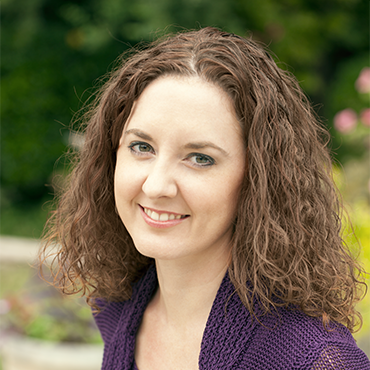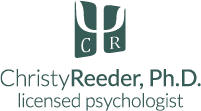Specialties
Trauma
PTSD
EMDR
Attachment
Somatic Experiencing®
Adoption
Postpartum Mood Disorders
Birth Trauma
Relationship Issues
Life Transition
Depression
Anxiety
Fire can warm or consume, water can quench or drown, wind can caress or cut. And so it is with human relationships: we can both create and destroy, nurture and terrorize, traumatize and heal each other.
Bruce D. Perry
Regardless of how bad things have been, you’re here and that’s evidence that hope resides in you. Are you ready to continue your healing journey?
What Is Trauma?
Life isn’t easy, but sometimes it’s downright brutal. Trauma can impact everyone from combat veterans to infants. Trauma is when something happens that overwhelms your system, and life has felt frozen ever since. Such experiences can happen in one terrifying moment, or repeatedly throughout childhood or in a significant relationship. You may be struggling to label your experience as “trauma,” but nevertheless find yourself unable to move past it. Your mind and body have adapted as much as possible, but something still doesn’t feel right. You don’t want these memories or feelings to be the centerpiece of your life anymore. And they don’t have to be.
Hope After Trauma
Trauma can wreak havoc on emotions, thoughts, beliefs, physiology, spirituality, and relationships. I am well-trained in trauma treatment to help you holistically heal. I am convinced that given the right environment and support, our bodies and minds are designed to heal – I have seen it happen. Your past does not have to be the author of your future.
An Experienced Trauma Counselor
I practice cutting edge trauma treatment to provide you with the best possible care.
This is what informs my work:
Postdoctoral Fellowship in Child and Adolescent Trauma
After earning my doctorate in psychology, I completed a 2-year postdoctoral APA-accredited fellowship in child and adolescent trauma at Children’s Hospital Los Angeles. Through the use of treatment models such as Trauma-Focused Cognitive Behavioral Therapy (TF-CBT), I helped children in foster care, adults, families, and homeless women regain ownership of their lives.
DEEP (Dynamic Enriched Experiential Psychotherapy)
DEEP (Dynamic Enriched Experiential Psychotherapy) is a psychotherapy that integrates Accelerated Experiential Dynamic Psychotherapy (AEDP), Interpersonal Neurobiology, depth psychology, and somatic psychotherapies to help people heal and grow through new, emotionally-engaged experiences. Rather than using our time to talk only about the “there and then,” we use the “here and now” as a way to use our relationship to facilitate a healing experience. This model builds on the strengths you already have, and with gentleness and compassion helps you refine your automatic patterns of emotional expression and relational patterns.
EMDR (Eye Movement Desensitization and Reprocessing)
EMDR (Eye Movement Desensitization and Reprocessing) therapy is an integrative psychotherapy that helps the brain enter into a learning state so that painful and traumatic experiences can be revisited in a matter that promotes healing, integration, and resolution. During a traumatic or upsetting event, our brains can become overloaded and unable to process information in the typical manner. “Leftover” sensations, emotions, and beliefs can continue to disrupt our lives long after the initial event is over because information was not properly encoded and stored in the brain. EMDR helps people let go of toxic beliefs about themselves that often occur as a result of traumatic events.
SE (Somatic Experiencing®)
(SETM) Somatic Experiencing® is a somatic psychotherapy that helps reestablish the body’s natural ability to heal from trauma by restoring the nervous system’s ability to self-regulate, rather than respond with chaos or numbness to external or internal reminders of troubling experiences. I have completed the Intermediate-level of training and will pursue Advanced training in the near future.
Complex Trauma Study Group
I have completed training in a 9-month long complex trauma study group. Through the lens of attachment theory and interpersonal neurobiology, this group focused on how early and chronic trauma impacts childhood development. This group provided me with unique tools to treat children 12 and under and to understand and treat the adults in my care who had less than ideal childhoods.



